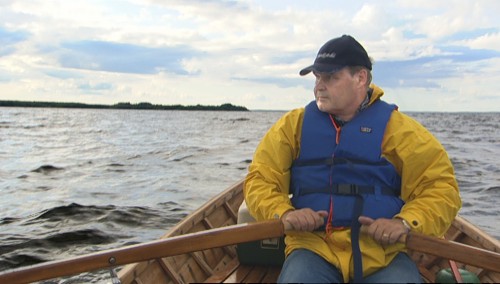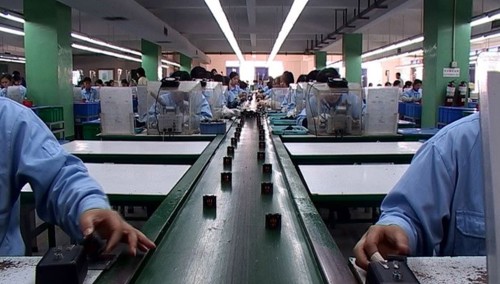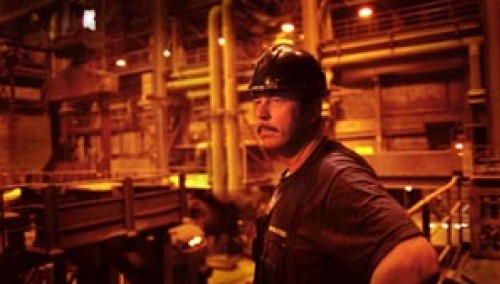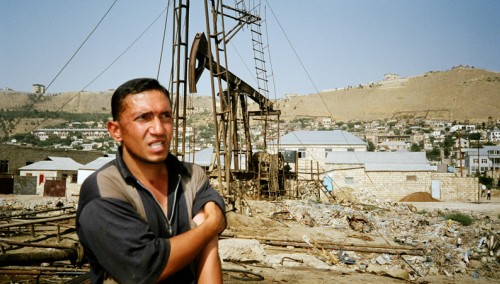Working Worlds 2006
KORREKTES VERHALTEN ZAHLT SICH AUS (Good Behaviour is worth it) is the title of a Swiss documentary film from 2000, which deals with the framework conditions of contemporary working worlds – in keeping with the currently emerging discourse of power relations, surveillance and the architecture of new functional places. Now five years later and in the third “Working Worlds” focal point programme, “good behaviour means much more – specifically the question of the “right” way for businesses, corporations, regulators, but also employees to behave in light of increasingly impenetrable, globalised economic conditions.
“Correct”, “decent”, “reasonable” – adjectives that have long since ceased to apply solely to interpersonal behaviour, but with which forms of institutional and state policies also seek to distinguish themselves. “Don’t be evil”, and “You can make money without doing evil” are two of the mantras that Google uses to describe its company philosophy. Today sustainability, ecological compatibility, business in the service of human rights and human dignity sell bananas, FairTrade chocolate and sports socks, and convey to western consumers that consumption itself is already an ethical action. It also seems just as “right” today to behave and articulate oneself reasonably as an employee. That means being constructive, flexible and showing understanding that the good of the company has become a measure for the good of society. “If the economy is doing well, we are all doing well.”
Working Worlds: Policies and Politics shows four documentary film works this year, which all deal with the question of how much (legal) scope for action the globalised economy leaves its subjects, or the extent to which companies regard themselves as ethical organisations.
The programme centres around ecological, geopolitical and labour law issues: What does it mean to act “decently”? But also: When (and in which form) is resistance the appropriate means for transforming labour struggles into political work? There is one answer that all the films have in common. They all regard the documentary film – whether it is a television production or a feature-length cinema film – as a means of making conflicts visible and incorporating individual fates.
This year the geographical space is broader than in previous years, encompassing the extreme north of Europe, the Chinese Shenzhen and the oil fields of Azerbaijan. Two Finnish contributions – Thomas Balmès’ A DECENT FACTORY (SÄÄDYLLINEN TEHDAS) and Erkko Lyytinen’s THE NORTH STAR (KAINUUN TÄHTI) – describe the globalisation of the secondary sector mining, industry, trade) as a conflict both internal and external to Europe. Whereas in A DECENT FACTORY two ethics consultants for the Nokia corporation attempt to couple hard competitive business with ethical standards despite deplorable humanitarian conditions in the Chinese factory of the mobile phone manufacturers, KAINUUN TÄHTI accompanies a delegation of Finnish metal workers along their (troublesome) path through the political instances that are supposed to protect their factory from closure by the the new owners from Spain.
A DECENT FACTORY differs from the majority of globalisationcritical films by appropriating an internal view that ultimately serves the productivity of the company, and not by arguing at the level of unmitigated suspicion. The result is a deeper insight into company activities and a greater willingness on the part of the decision-makers to answer questions – although Balmès does not identify with the inspectors’ view. THE NORTH STAR also tends more towards sympathetic observation; the camera lingers in offices and waiting rooms, records conversations, negotiations and often just the patient waiting of the delegation, hoping with apparent calmness (which is increasingly joined by a jovial, almost Kaurismäki- like resignation) that the concerns of a small industrial city named Vuolijoki will be able to sway the EU guidelines for open competition and state support. The obstinacy and pride of the city delegates is expressed in what is ultimately a ritual presentation of a gift: locally produced sauna towels.
The failure of either delegation remains an open question in both films. They are less concerned with a form of reproach than with making global structures visible using local examples. This is also the intention, although in a much more agitative manner, in SOURCE (ZDROJ), a documentary film by the Czech director Martin Mareček, who investigates the grotesque gap between million-dollar business with oil, the post- Soviet market economy and oligarchy politics on the one hand, and the oil workers and small farmers of the region on the other in Azerbaijani Baku. Whereas the self-image of the “ordinary people” clearly unfolds in front of the camera, high finance insists on maintaining a symbolic distance that the directors are only able to overcome with tricks and cunning or the use of sarcastic cartoon inserts. According to SOURCE, modern battles for working worlds and life spaces are conducted, not least of all, through the media: produced by the Czech NGO auto*mat, the film also serves to raise awareness of the global impacts of the uninhibited exploitation of fossil resources.
The failure of either delegation remains an open question in both films. They are less concerned with a form of reproach than with making global structures visible using local examples. This is also the intention, although in a much more agitative manner, in SOURCE (ZDROJ), a documentary film by the Czech director Martin Mareček, who investigates the grotesque gap between million-dollar business with oil, the post- Soviet market economy and oligarchy politics on the one hand, and the oil workers and small farmers of the region on the other in Azerbaijani Baku. Whereas the self-image of the “ordinary people” clearly unfolds in front of the camera, high finance insists on maintaining a symbolic distance that the directors are only able to overcome with tricks and cunning or the use of sarcastic cartoon inserts. According to SOURCE, modern battles for working worlds and life spaces are conducted, not least of all, through the media: produced by the Czech NGO auto*mat, the film also serves to raise awareness of the global impacts of the uninhibited exploitation of fossil resources.




